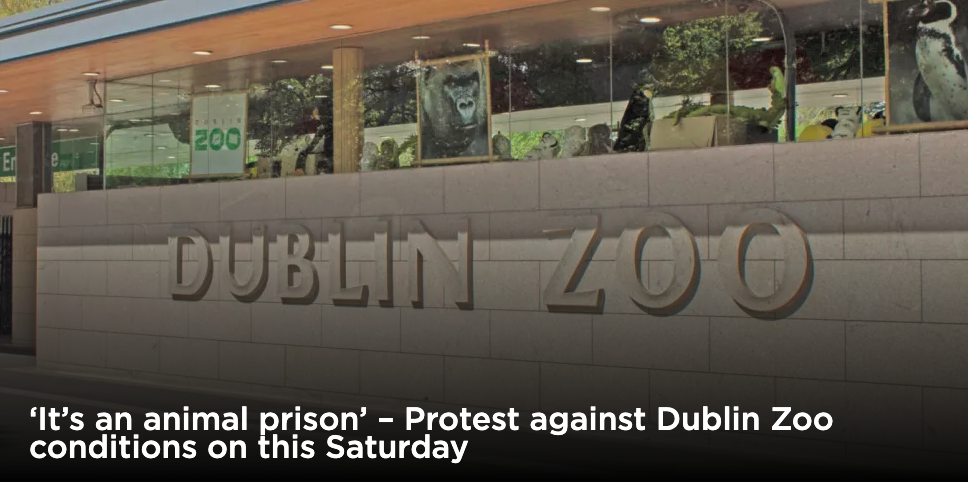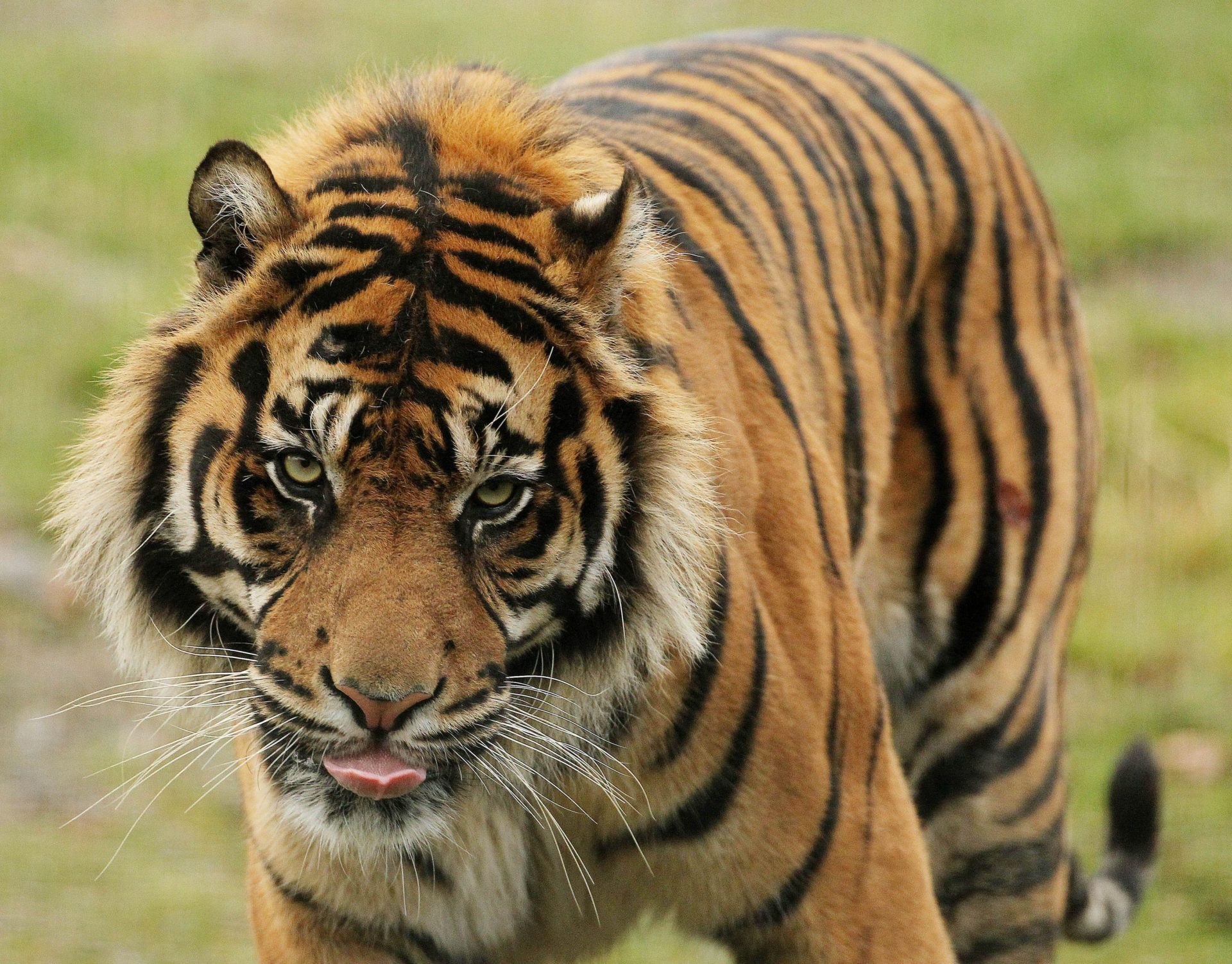
Dublin Zoo has been branded an “animal prison” ahead of a protest
The protest follows 17 allegations made against the tourist attraction by a whistleblower, which prompted an investigation by the National Parks and Wildlife Service (NPWS).
In its report, the NPWS found “no evidence” to support 16 of the allegations, while the last was upheld but has since been resolved.
Animals Behind Closed Doors founder Gerry Boland said he’s not involved in this weekend’s protest but fully supports it.
“When you boil it down, Dublin Zoo is essentially an animal prison,” he told The Hard Shoulder.
“And all zoos in the world are essentially that, or almost all of them.
“I say that because it’s very rare for any animal in any zoo to be successfully reintroduced into the wild. But these days, the wild is rapidly disappearing.”
History
Mr Boland explained the history of zoos.
“Zoos came into place around 150 to 200 years ago with the purpose of entertainment, to show people animals they had never seen before,” he said.
“But nowadays, zoos claim that their raison d’être is both educational and conservation purposes.
“They keep animals in captivity, try to create a natural environment, and give it fancy names like ‘Himalayan Hills,’ ‘African Savannah,’ and ‘Gorilla Rainforest.’
“But that’s just a joke, a brand, because we don’t have Himalayan Hills or African Savannas in Ireland.”

Mr Boland said money should be spent on protecting the natural environments of animals exotic to Ireland.
“I know there are political problems with that – conflict problems, corruption problems, and I understand all of that,” he said.
“But these countries should have very large animal sanctuaries where these animals can live out their lives in the environment they should be in.
“I also see a role for Dublin Zoo, which could be a sanctuary for many species of animals and birds that are native to Ireland.”
Freedom plan
Mr Boland outlined his plan where Dublin Zoo’s exotic animals could be free at last.
“It would have to be done over a period of time, where animals could be released into a specialist sanctuary that specializes in particular animals,” he said.
“Some of them could be allowed to die off naturally. Well, it would have to be that.
“Obviously, you couldn’t release those animals that are in the zoo back into the wild; they wouldn’t last a minute, I presume.
“You could phase it out, and while you’re phasing it out, you can redesign and reinvent the whole place and turn it into a beautiful animal sanctuary for native Irish animals. I think that’s a really nice way to go.”
Dublin Zoo first opened in 1831.
